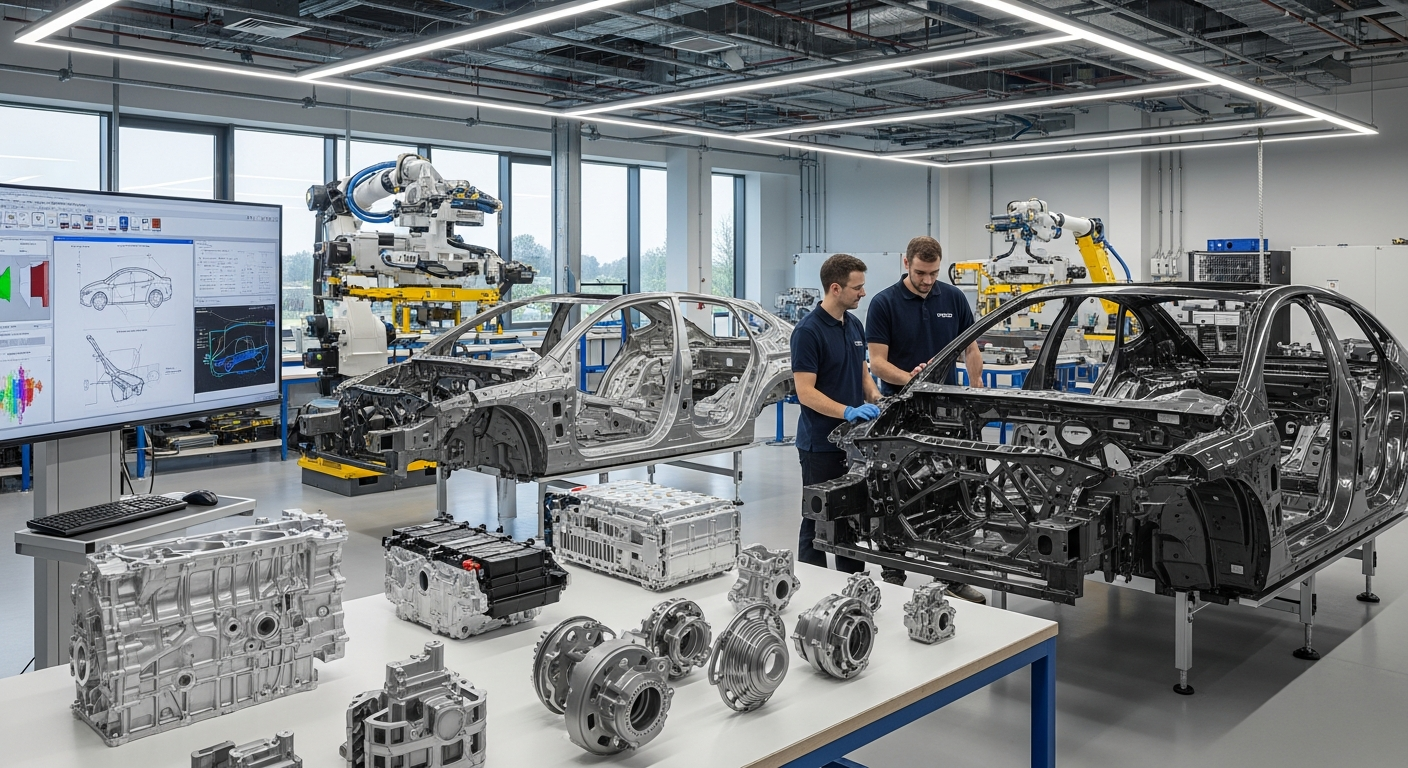Neurodivergence in the Workplace: Reshaping Corporate Culture
The concept of neurodiversity is transforming how we perceive and accommodate cognitive differences in professional settings. As organizations increasingly recognize the value of diverse thinking styles, a paradigm shift is occurring in workplace dynamics, policies, and practices. This evolution challenges traditional notions of productivity and collaboration, paving the way for more inclusive and innovative corporate environments.

In recent years, this perspective has gained traction in the corporate world, challenging long-held assumptions about what constitutes an ideal employee. Companies are beginning to recognize that neurodivergent individuals often possess unique skills and perspectives that can drive innovation and problem-solving. This shift in understanding has led to the development of neurodiversity-friendly workplace initiatives and the reimagining of traditional work structures.
Redefining Productivity and Performance
The integration of neurodivergent individuals into the workforce has prompted a reevaluation of conventional productivity metrics and performance evaluations. Traditional methods often fail to capture the unique strengths and working styles of neurodivergent employees, leading to underutilization of their talents.
Progressive organizations are now implementing more flexible and personalized approaches to performance management. This includes adapting job descriptions to align with individual strengths, providing alternative communication channels, and offering customized work environments. By focusing on outcomes rather than rigid processes, companies are tapping into the full potential of their neurodivergent workforce while fostering a more inclusive culture.
Designing Neurodiversity-Friendly Workspaces
The physical work environment plays a crucial role in supporting neurodivergent employees. Many companies are redesigning their offices to accommodate diverse sensory needs and working preferences. This may include creating quiet zones for focused work, providing noise-cancelling headphones, or implementing adjustable lighting systems.
Some organizations are going further by offering remote work options or flexible schedules, recognizing that traditional office settings may not be optimal for all employees. These adaptations not only benefit neurodivergent individuals but also enhance overall employee well-being and productivity across the organization.
Training and Education Initiatives
As awareness of neurodiversity grows, so does the need for comprehensive training and education programs. Many companies are implementing initiatives to educate neurotypical employees about neurodiversity, fostering understanding and empathy within teams.
These programs often cover topics such as communication strategies, unconscious bias, and the benefits of cognitive diversity in the workplace. By promoting a culture of acceptance and appreciation for different thinking styles, organizations are creating more cohesive and innovative teams.
The Impact on Recruitment and Hiring Practices
The neurodiversity movement is also influencing how companies approach recruitment and hiring. Traditional interview processes and job requirements often unintentionally exclude neurodivergent candidates, leading to a loss of valuable talent.
Forward-thinking organizations are reimagining their hiring practices to be more inclusive. This may involve offering alternative interview formats, such as skills-based assessments or work trials, which allow candidates to showcase their abilities in more comfortable settings. Some companies have even established specialized neurodiversity hiring programs, partnering with organizations that support neurodivergent job seekers.
Challenges and Opportunities
While the integration of neurodiversity in the workplace presents numerous benefits, it also comes with challenges. Managers and co-workers may struggle to adapt to different communication styles or work preferences, leading to potential conflicts or misunderstandings.
However, these challenges also present opportunities for growth and innovation. By embracing neurodiversity, companies are forced to rethink traditional workplace norms and develop more flexible, inclusive practices that benefit all employees. This process of adaptation can lead to improved communication, increased empathy, and more creative problem-solving across the organization.
The Future of Neurodiversity in the Workplace
As more companies recognize the value of neurodiversity, we can expect to see continued evolution in workplace practices and policies. The future workplace may be characterized by highly personalized work environments, adaptive technologies that cater to individual needs, and management approaches that celebrate cognitive differences.
This shift towards neurodiversity inclusion is not just about accommodating a specific group of employees; it’s about creating a more dynamic, innovative, and resilient workforce. By embracing the full spectrum of human cognition, companies can unlock new potential for creativity, problem-solving, and competitive advantage in an increasingly complex business landscape.
The integration of neurodiversity in the workplace represents a significant step towards a more inclusive and equitable society. As this movement continues to gain momentum, it has the potential to reshape not only corporate culture but also broader societal attitudes towards cognitive differences. The workplace of the future may well be one where neurodiversity is not just accepted, but actively sought after as a key driver of success and innovation.






